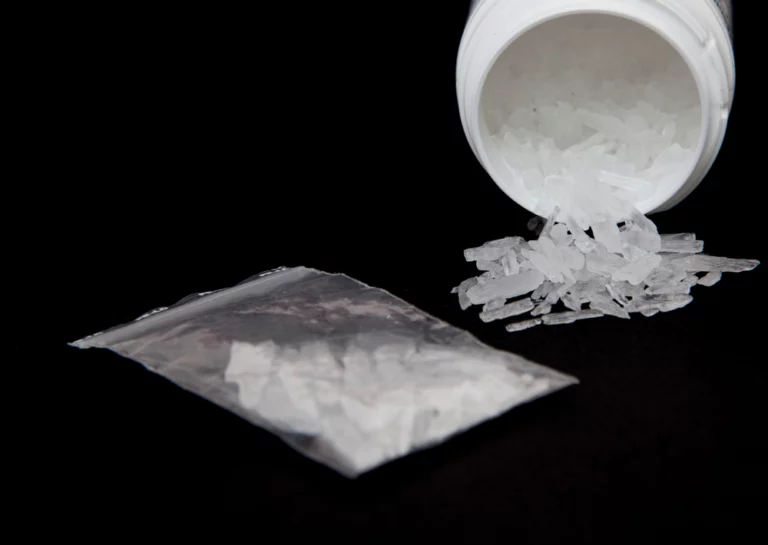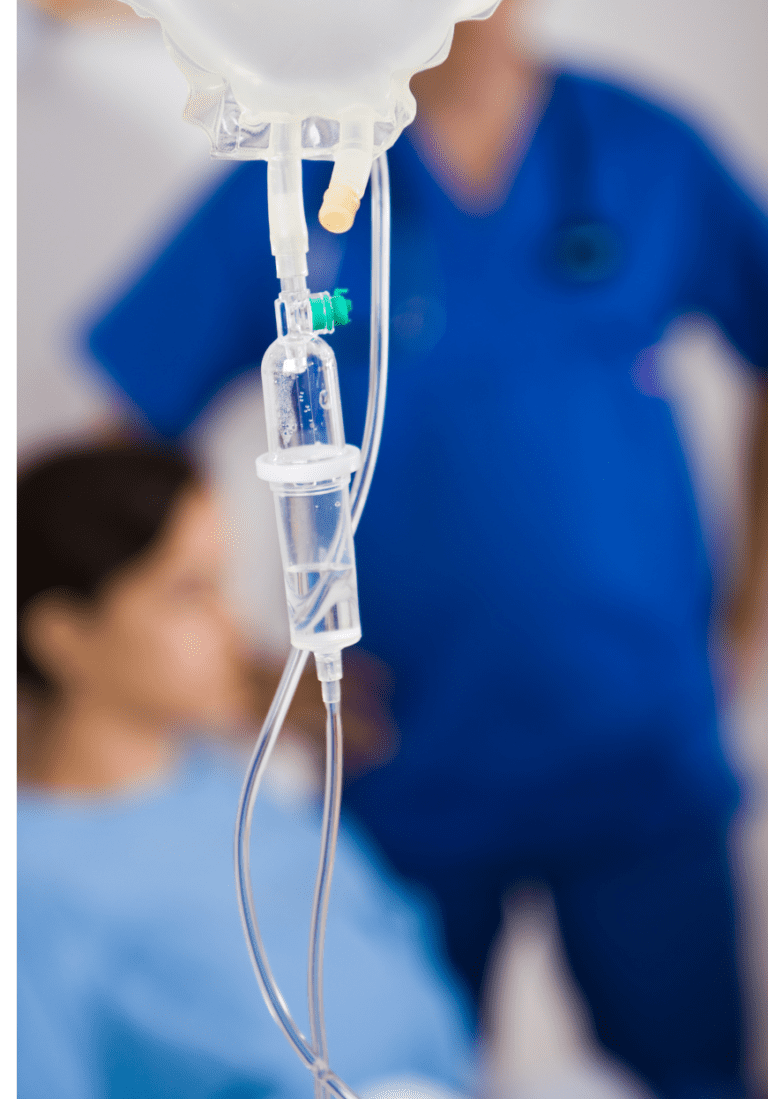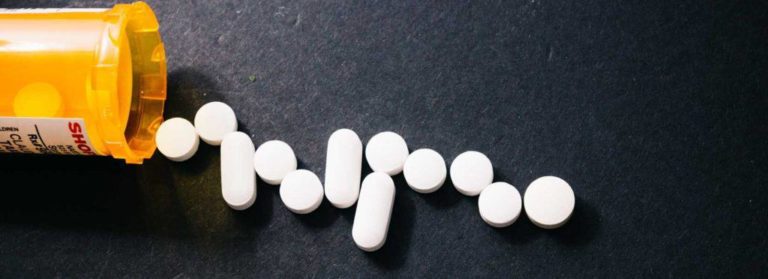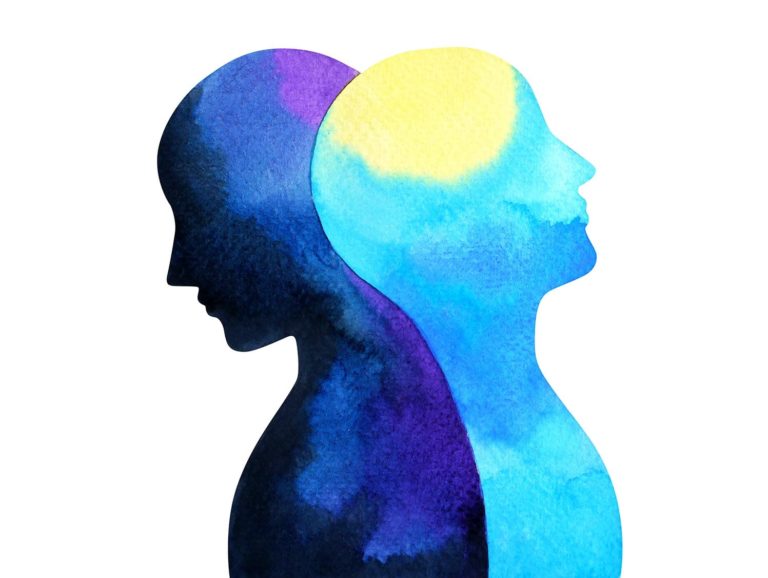Untreated depression can be a life-threatening condition. Depression can cause a person to ignore their symptoms, which only makes them worse. For example, if a person is feeling worthless and hopeless, they may begin to withdraw from friends, family, and others who they feel don’t understand them. In extreme cases, this withdrawal can result in suicidal thoughts. It is important to recognize the warning signs of depression and get help as soon as possible.

Symptoms of Untreated Depression
If a person is suffering from untreated depression, they may experience the following symptoms:
- Lack of motivation, causing a person to lose interest in activities they used to enjoy
- Difficulty concentrating, which makes it difficult to finish work or school
- Poor appetite and/or weight loss
- Difficulty sleeping, which can cause insomnia
- Irritability or agitation, which affects both the person with the depression and those around them
- Feelings of worthlessness and/or guilt
- Recurrent thoughts of death, suicide, or other self-destructive behavior
- A “blunted” sense of empathy and/or decreased ability to recognize the feelings of others
- Difficulty connecting with others, including those who care about the person with depression
- A decreased desire to seek help, as the person may believe they don’t deserve help
Risk Factors for Untreated Depression
There are a variety of risk factors that can put a person at a higher risk of developing untreated depression. These include:
- A personal history of depression, either in oneself or a family member
- A disability or impairment that prevents a person from receiving treatment for their depression
- A history of childhood abuse, neglect, or other trauma, which can impair a person’s ability to recognize signs of depression in themselves and others
- Poverty, as people living in poverty, are more likely to have other stressors that put them at higher risk of depression
- A history of substance abuse, as people who abuse drugs or alcohol, are also more likely to experience depression
- A history of trauma, such as war, natural disaster, or other violent event, as people who experience trauma are also more likely to experience depression
- A medical condition that causes chronic pain, nausea, or other symptoms that impair the person’s ability to function

How to Help Someone with Untreated Depression
There are many things you can do to help someone with depression. It’s important to remember that depression is often a disorder of self-worth, so this can take a lot of effort. For example, you can encourage a person who is feeling worthless to focus on the good things in their life, instead of the bad, even if it doesn’t feel rewarding at the time.
Part of this effort involves knowing when to seek help. If you think you are experiencing depression that is causing you to act out or ignore your symptoms, it is important to seek help. Be sure to tell your doctor so that you can get the proper treatment. Remember that many people don’t realize that they can become depressed and feel hopeless because they’ve never had anyone experience the condition and understand it.
How to Recognize Untreated Depression in Someone Else
The best way to tell if someone you love is suffering from untreated depression is to watch for the warning signs. Depression can affect someone’s mood, sleep, and concentration, as well as their thoughts, words, and actions. People with depression may feel constant sadness and/or shame, and they may find it difficult to enjoy activities they used to love.
Self-Care for Untreated Depression
If you are suffering from depression, it can be helpful to figure out what helps you feel better and make sure you have access to those supplies.
- Try to make time for fun activities that are unrelated to your depression. This can help you feel like you are doing something productive rather than the feelings of worthlessness and sadness you may be experiencing.
- Spend time with people who make you feel good – make a point of spending time with friends and family members who are positive and supportive, even if they have their challenges.
- Try to avoid spending time with people who make you feel bad – try to avoid spending time with people who make you feel bad about yourself, as this will only build on your feelings of worthlessness and sadness.
- Take care of your health – eating a well-balanced diet, taking your vitamins, and getting enough sleep are all important for your mental health.
- Stay connected to your community – social isolation is also linked to depression, so try to stay connected to others.

Knoxville Recovery Center is Here for You
Untreated depression can be a life-threatening condition. If you or someone you care about is exhibiting the signs of untreated depression, it is important to seek help. It is never too late to seek treatment for depression. Once someone realizes they are depressed, they need to seek help immediately. Waiting can cause depression to get worse, as the longer it goes untreated, the harder it will be for the person to feel better.
If you or a loved one are currently struggling with depression, help is available! We encourage you to reach out to the professionals at Knoxville Recovery Center to learn more about our personalized treatment programs and mental health services.
Knoxville Recovery Center was founded from firsthand experience of addiction and recovery, with a mission of providing a space where people can heal from addiction and other disorders in a compassionate, creative, open-minded, and heart-centered environment. We believe recovery is always possible. Our experts work with you to design a treatment plan that fits your needs. Common treatment programs include:
- Intensive Outpatient Programs (IOP)
- On-site Detox
- Full-time Addiction Treatment on campus
- Mental Health Treatment
- Aftercare Services
Contact us or call us today for more information about how our programs and services can help you get your life back on track. You no longer have to struggle with depression on your own. We are here to help.








